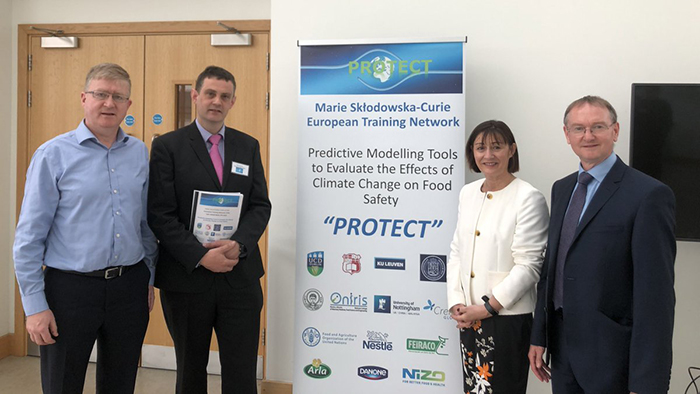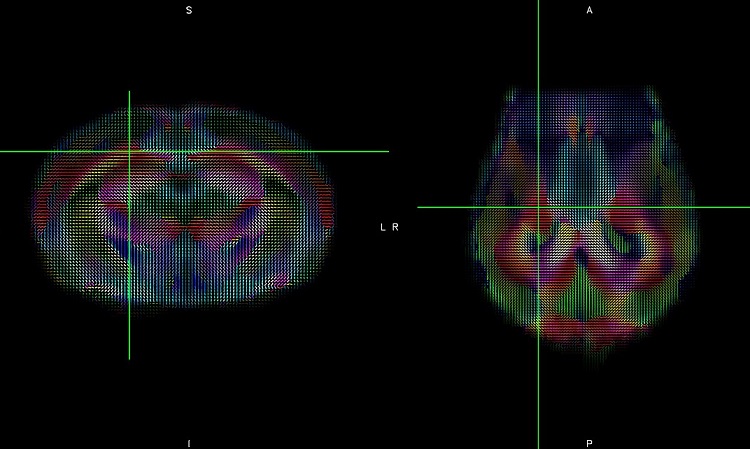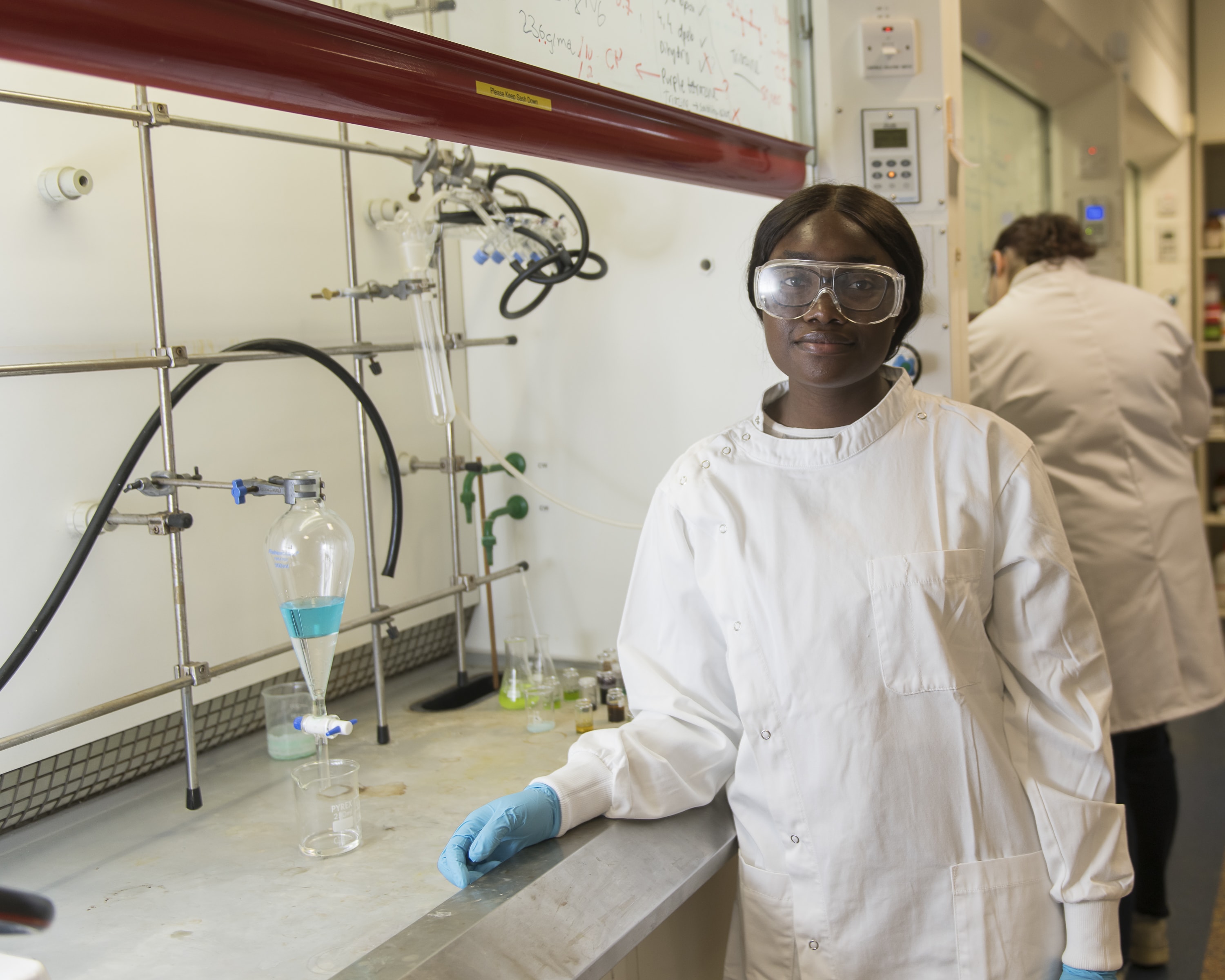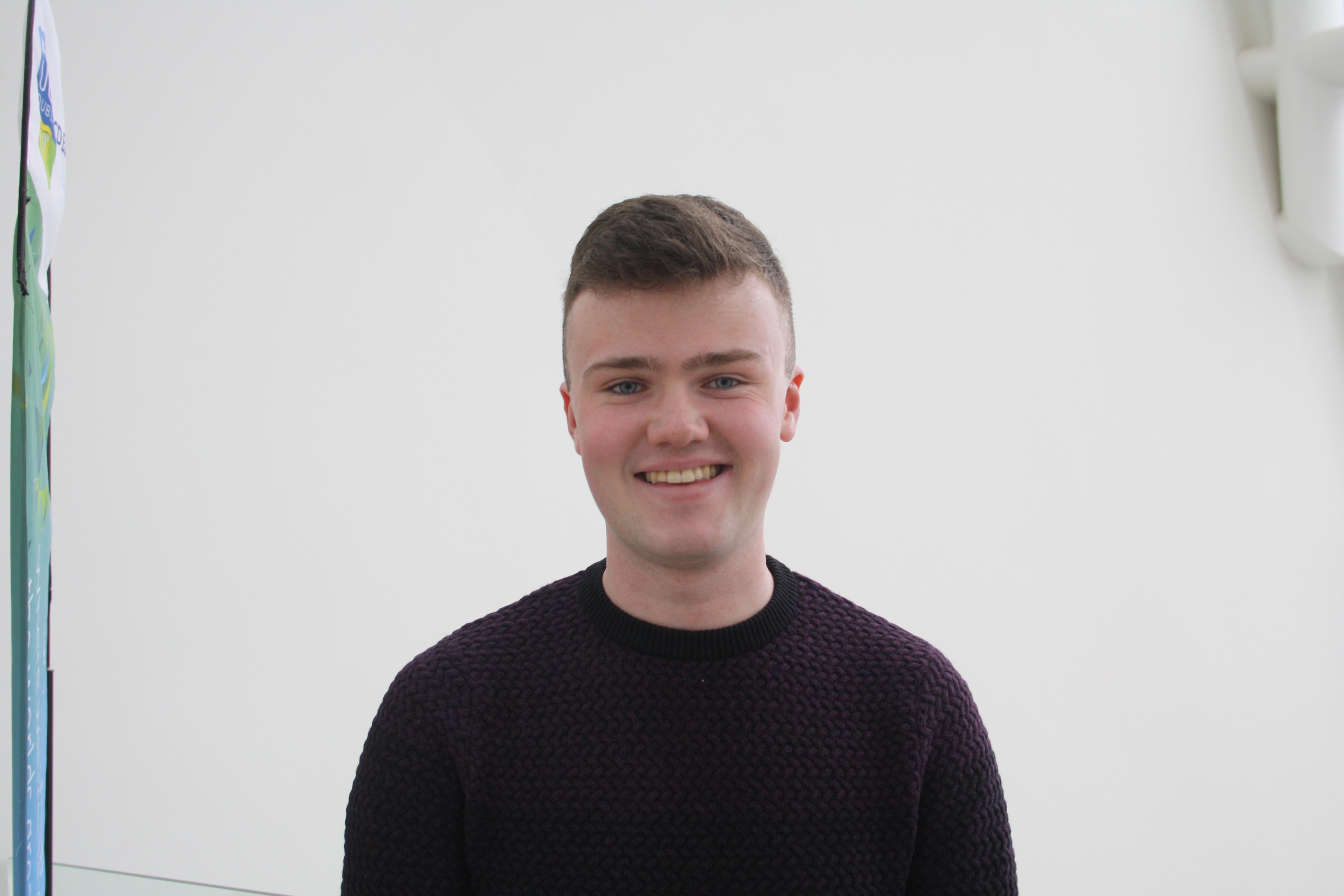All materials and living things consist of atoms and molecules that are linked together in many different ways. Chemistry is a study of these, how they form and react. Life, metabolism, pharmaceuticals, forensic analysis and the development of new energy supplies, computer chips and medical devices: none of these can be fully developed or understood without chemistry.
At Undergraduate level, the School currently offers five degree programmes. Topics include physical, inorganic and organic chemistry, chemistry of materials, instrumental analysis and spectroscopy.
See more of our Undergraduate Teaching Facilities.
The pharmaceutical industry is one of the largest in Ireland, and UCD Chemistry graduates work in the following:
- Analytical roles in laboratories on the synthesis, testing and analysis of active pharmaceutical ingredients, medicines and medical devices
- Research chemist roles in laboratories in research and development
- Management and supervisory roles in regulatory affairs, production and validation
The semiconductor and medical device and energy industries also hire a significant number of materials chemists, and graduates would be involved in:
- Semiconductor processing
- Effluent and raw materials monitoring
- Air and water quality measurements
Chemistry graduates also pursue PhDs in Ireland or abroad in areas as diverse as biological aspects of nanoscience, novel material synthesis, energy generation and polymer chemistry.
Biophysical Chemistry combines the study of chemistry with the molecular principles of the functioning of life and their applications in modern technologies, from the design of a new generation of smart medicines to green manufacturing. The best chemical technologies of our world are utilised in biological systems, where thousands of chemical transformations take place in a well-controlled, environmentally friendly manner.
These transformations occur in biological cells, which represent sophisticated chemical manufacturing plants filled with a broad range of nano devices. Students graduating with this degree will acquire knowledge of advanced chemistry, and of molecular principles of organisation and functioning of living matter. They will also acquire skills in the applications of these principles in biomedical, biotechnological, pharmaceutical, food and other related industries.
Two major problems are facing industrialised society. How do we maintain our standards of living without, firstly, using nonrenewable resources as sources of energy and as raw materials for manufacturing industries and, secondly, compromising our local and global environment? Chemistry with Environmental & Sustainable Chemistry will be central to solving these problems. This discipline, which draws from all branches of chemistry, will enable us to produce the materials and energy we use through ways that minimise the impact on the environment. Furthermore, it will be crucial in developing a variety of resources (solar power, biofuel synthesis, fuel cells, etc.) for use in renewable energy generation. The degree is suitable for students who have an interest in the use of chemistry in tackling these urgent problems.
This degree is ideal for students who have an interest in chemistry and its applications in biology. Medicinal Chemistry & Chemical Biology are fields populated by chemists who have a good understanding of biology at the molecular level. They’ll be of increasing importance for decades to come to address existing and emerging healthcare problems, e.g. cancer, AIDS, TB and avian flu. Chemical biologists and medicinal chemists will develop the next generation of medicines to solve such problems, and will have an impact across a wide range of areas, including the development of environmentally friendly approaches to process chemistry.
If you’re interested in chemistry and mathematics, and think you might like to teach these subjects at post-primary level, then this course may be for you. It’s designed so that from the start you study chemistry and mathematics, along with education, in an integrated manner. In thirdyear, you’ll gain teaching experience by completing placements (which we find for you) in a post-primary school and as a third-level tutor.
The four-year BSc in Chemistry, Mathematics and Education leads directly to the one-year MSc in Mathematics and Science Education. On completion of both degrees you are fully qualified to teach Chemistry and Mathematics to Higher Level Leaving Certificate Level and Science to Junior Certificate Level.




